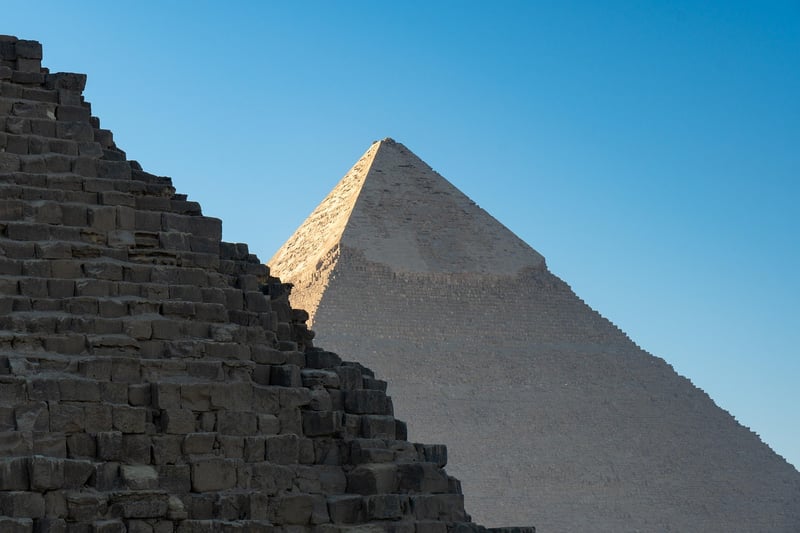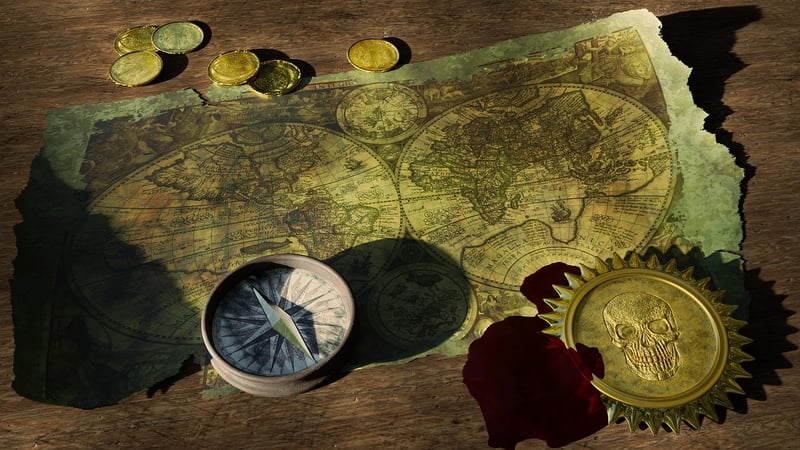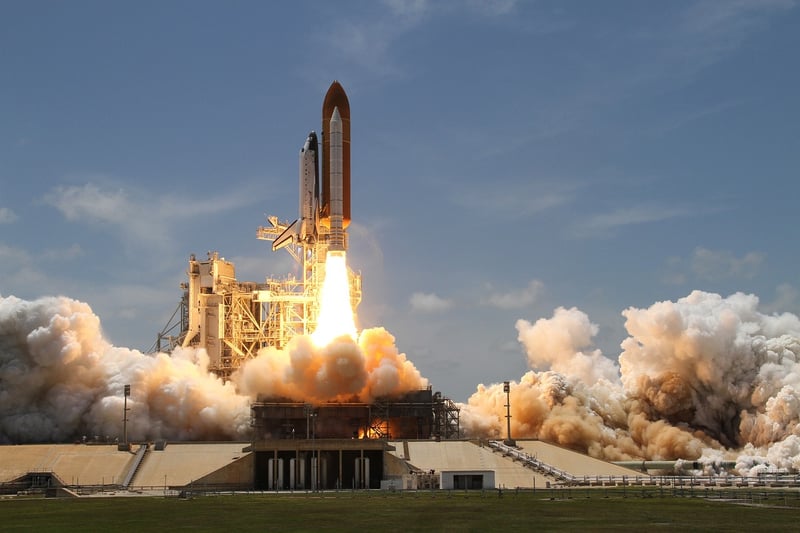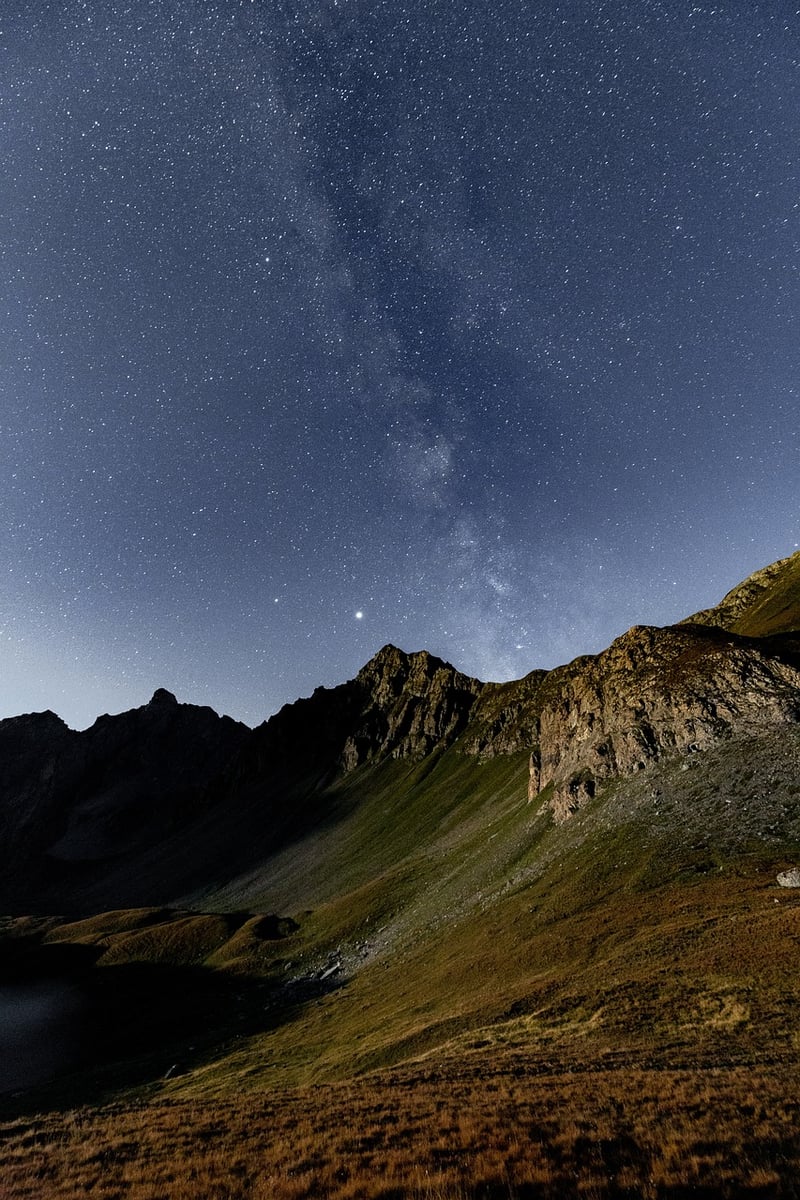Future Exploration
Exploring Different Eras and Future Exploration
Introduction
Exploration has been a fundamental part of human history, shaping our understanding of the world and beyond. From ancient times to the modern era, humans have embarked on journeys of discovery that have pushed the boundaries of knowledge and expanded our horizons. Let's delve into the exploration of different eras and ponder the future of exploration.
Ancient Exploration
Ancient civilizations such as the Egyptians, Phoenicians, and Greeks were pioneers of exploration. They ventured across seas and deserts in search of new lands, resources, and trade routes. The expeditions of figures like Alexander the Great and Marco Polo opened up new frontiers and connected distant cultures.

Age of Discovery
The Age of Discovery in the 15th to 17th centuries saw European explorers like Columbus, Magellan, and Vasco da Gama embark on voyages that forever changed the world map. They discovered new continents, established global trade networks, and encountered diverse peoples and cultures.

Space Exploration
In the 20th century, humanity set its sights beyond Earth with the advent of space exploration. Milestones like the Moon landing in 1969 and the Mars rovers have pushed the boundaries of our understanding of the universe. Organizations like NASA and SpaceX continue to lead the way in exploring the cosmos.

Future Exploration
The future of exploration holds exciting possibilities. Advances in technology like AI, robotics, and virtual reality are transforming how we explore new frontiers. From missions to Mars and beyond to deep-sea exploration and space tourism, the future promises a new era of discovery.

Conclusion
Exploration has been a driving force in human history, fueling curiosity and innovation. As we reflect on the journeys of the past and look ahead to the future, one thing remains clear – the spirit of exploration will continue to inspire us to reach for the stars and uncover the mysteries of the universe.
